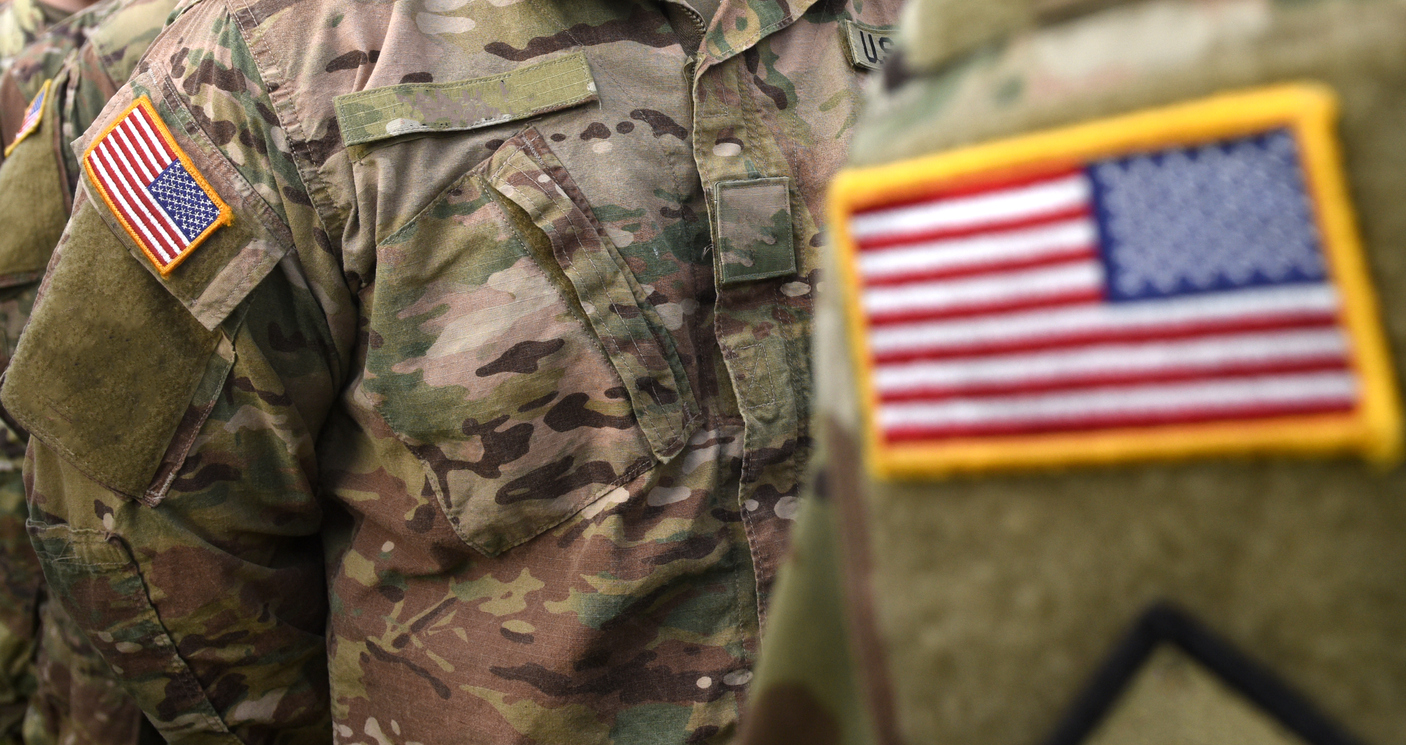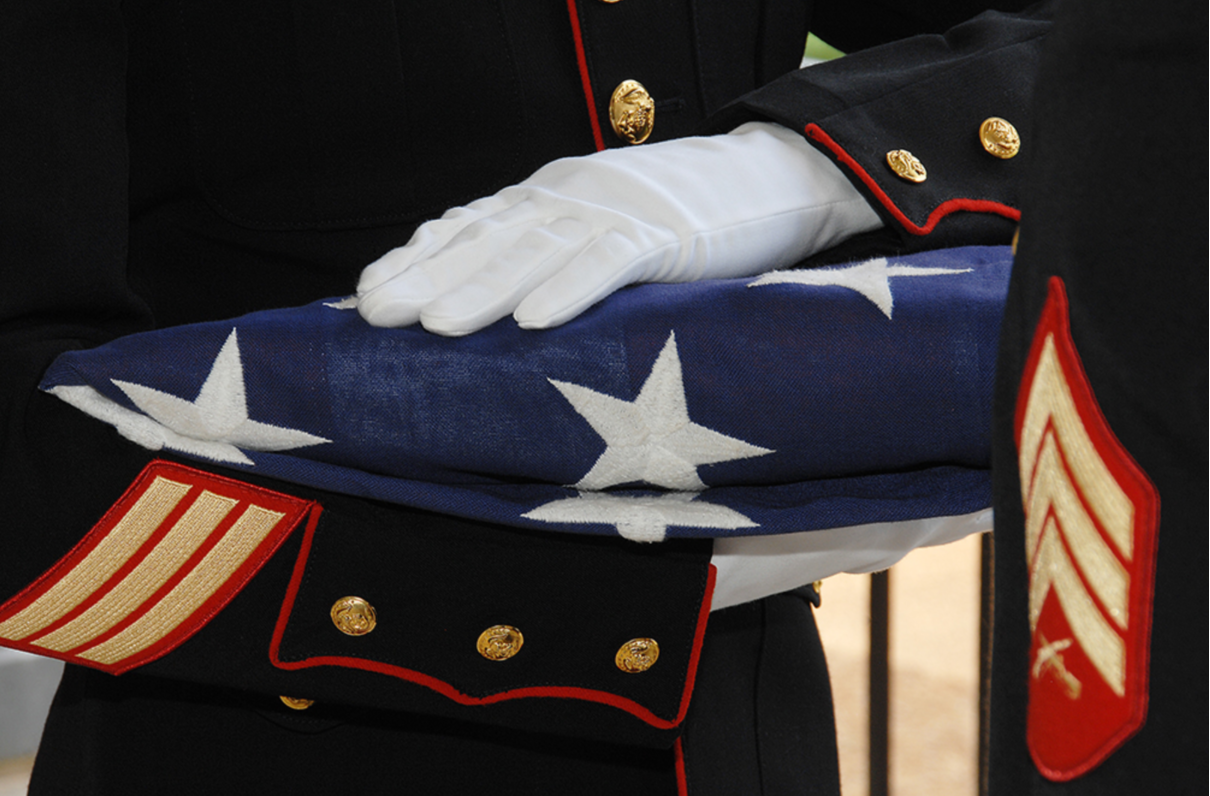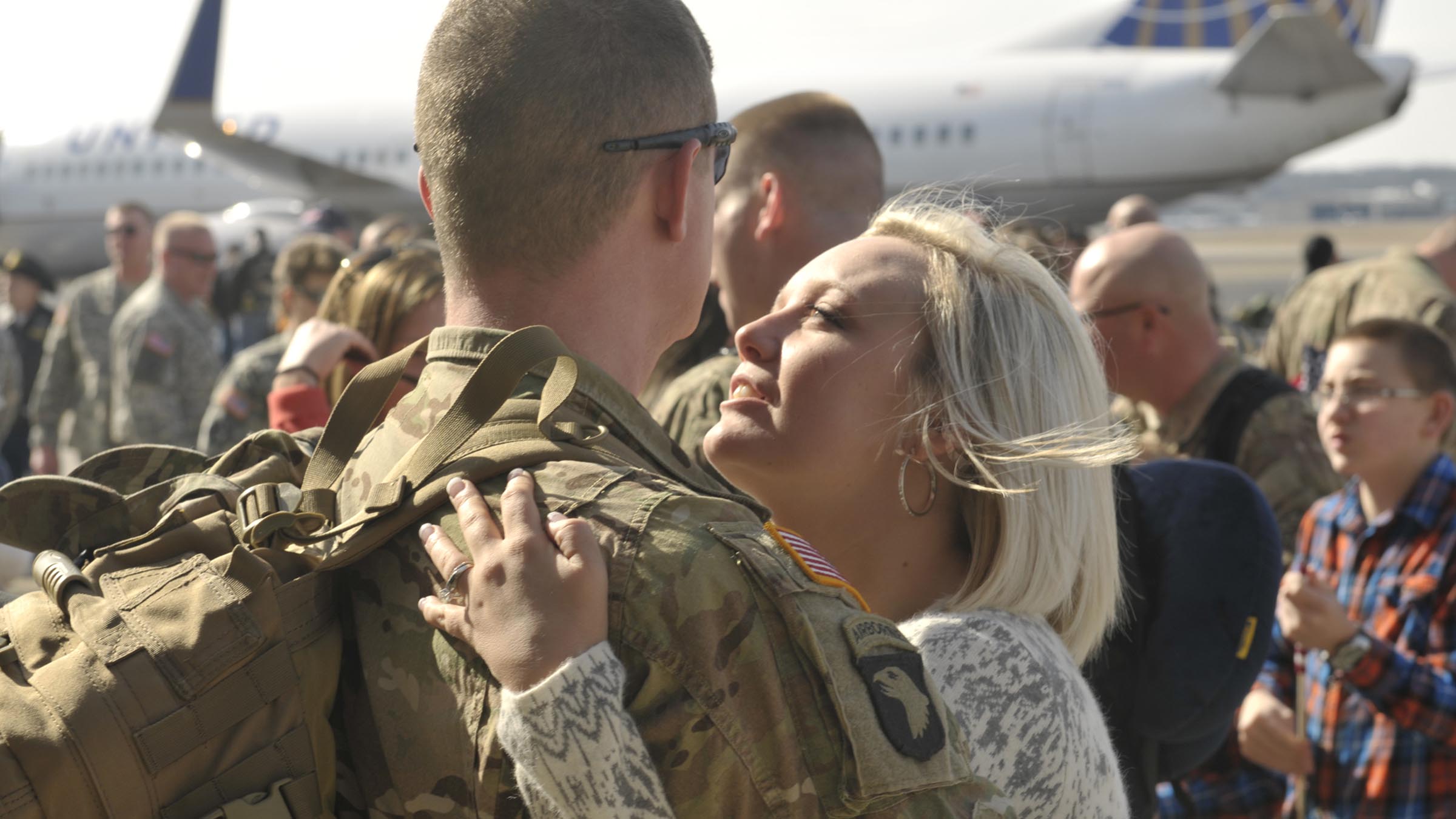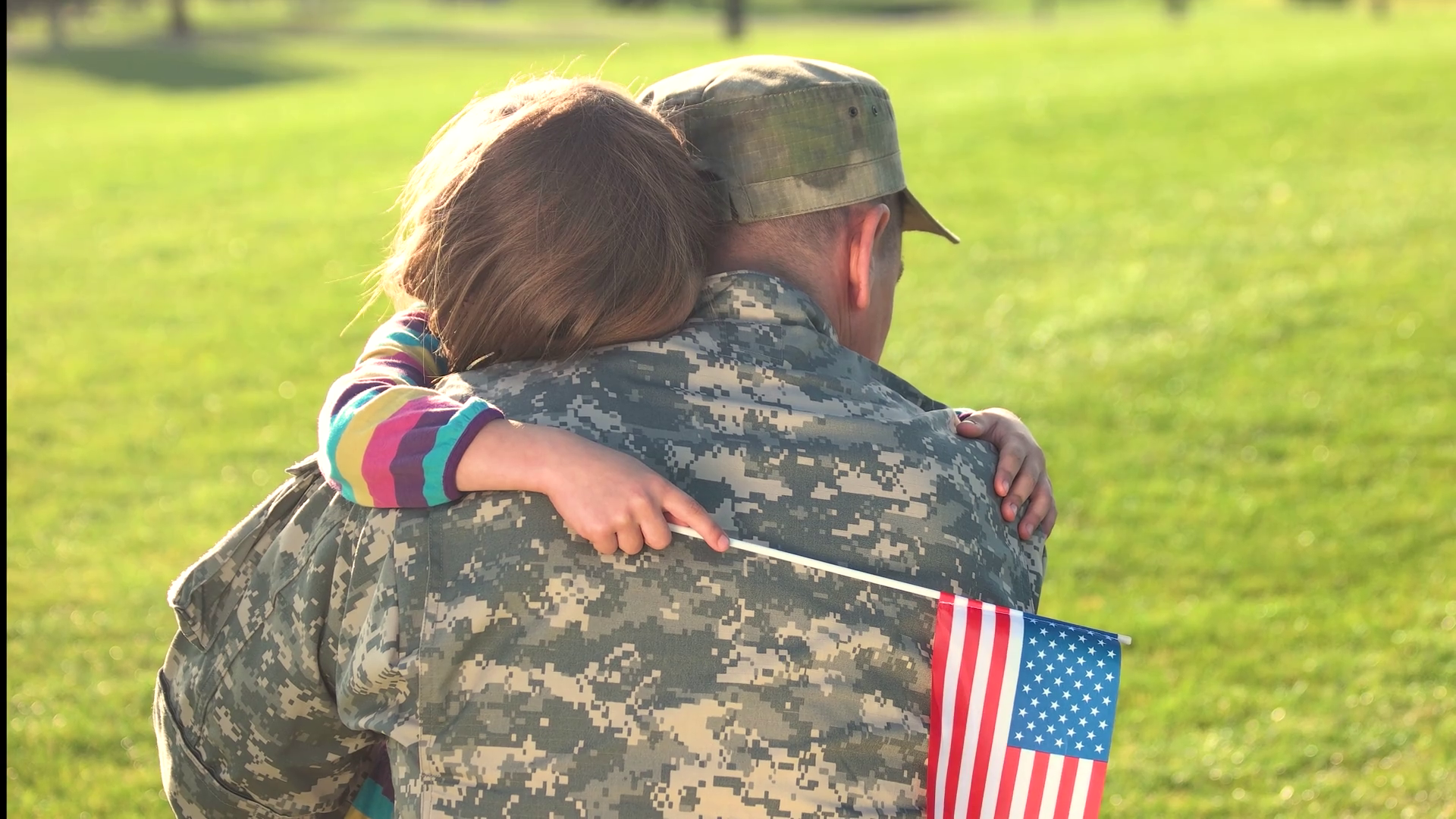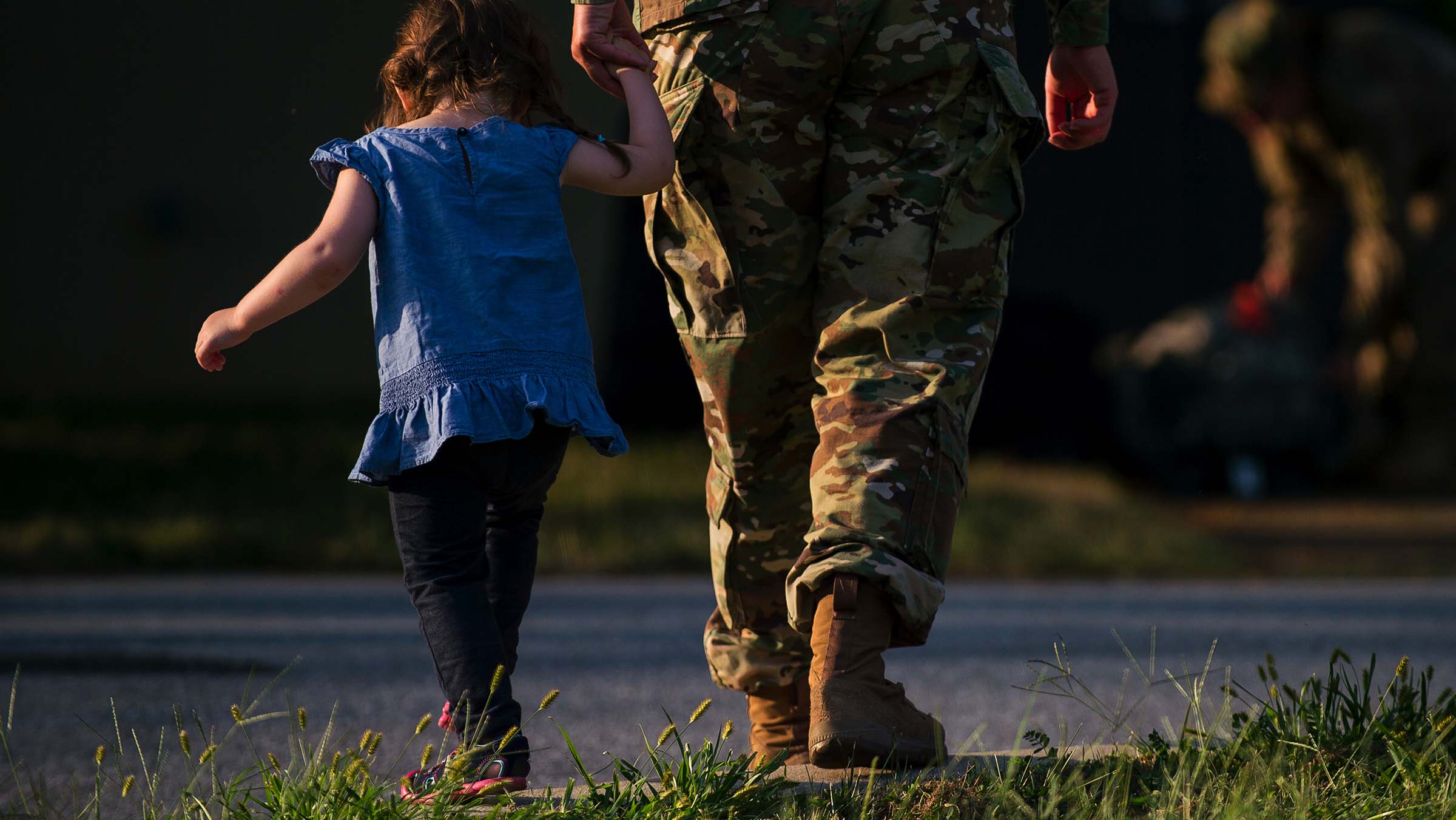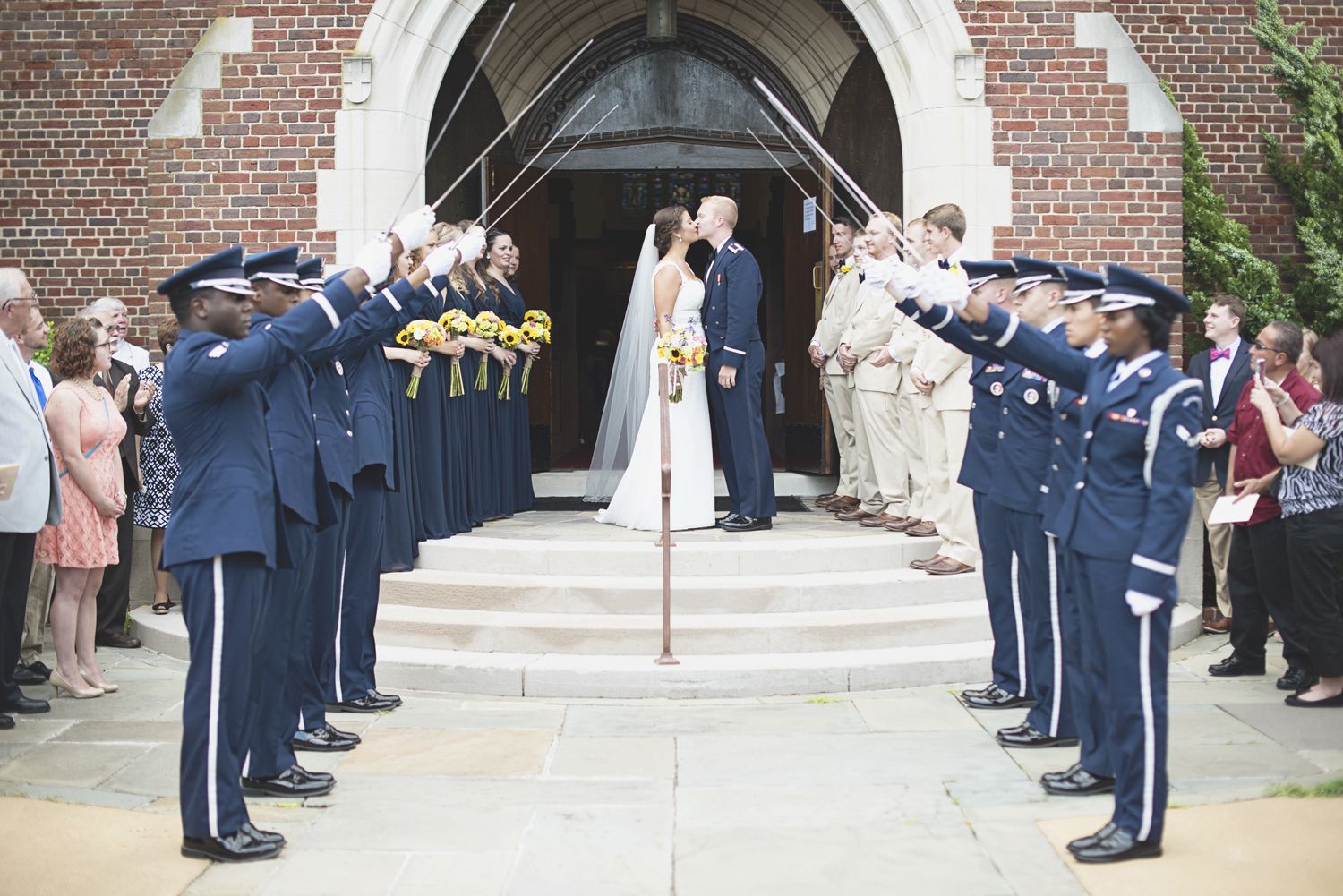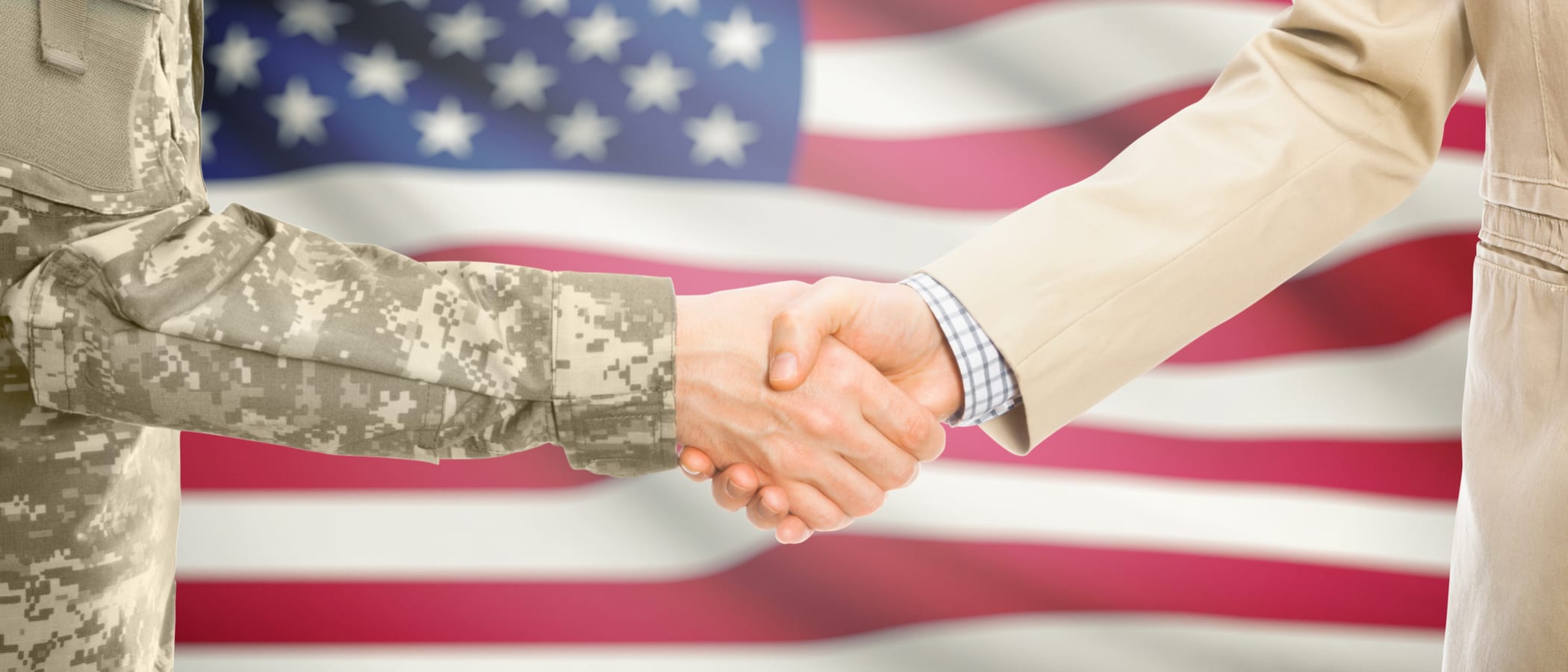
How to Hire Veterans
What are the best ways to hire veterans? Much depends on the nature of your business, whether you are seeking a certain type of status associated by veteran-operated businesses, and how many new hires you wish to bring on. Hiring a veteran brings with it associated benefits in some cases. The IRS official site has…

